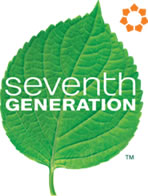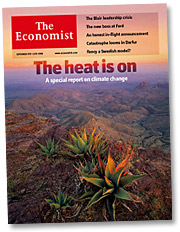
The Federal Trade Commission (FTC) yesterday announced revisions to its “Green Guides,” opening a public discussion period on the new recommendations. The revised guidelines are designed to tighten up the environmental claims consumer product firms are currently including on their products. More specifically, the FTC has proposed new clarity when marketers make claims surrounding renewable/green energy, carbon offsets and “renewable materials.”
The public comment period ends on December 10, when the FTC hopes to finalize the new Green Guide guidelines. Let’s take a look at some of the macro-level developments.
- General Environmental Benefit (e.g. “green” or “eco-friendly”)
The FTC wants firms to do a better job at specifying the precise nature of the environmental benefit the product in question provides. Companies shall no longer say a product is green unless they substantiate the generic claim with results. If this is impossible, this labeling trend must go the way of the Dodo.
- Certifications
Interestingly, the FTC does not believe simply including a third party seal of approval (such as Marine Stewardship Council) is adequate. The new guidelines stipulate that companies that have been approved by a third party must ALSO substantiate any environmental claim that is made on a label.
- Recyclable
Here’s where I think the FTC makes the most progress towards a robust federal policy on green marketing rules. The new guidelines want firms to go beyond stating that a product material is recyclable to providing the consumer with information about the likelihood of whether that product can actually be recycled in the consumer’s community. So for instance, if a paper container for a box of crackers is 100% compostable, the firm must substantiate the claim to note that commercial composting may not be available. Another common example of disingenuous recyclable claims is in polystyrene (AKA Styrofoam). Manufacturers like Dart are always making 100% recyclable claims, but the fact remains that very few municipalities in the US have the capacity to recycle polystyrene.
There exists a clear market demand for the government to intervene in the green marketing space as companies continue to compete for who can make grander and thus more opaque and less meaningful green product claims.





